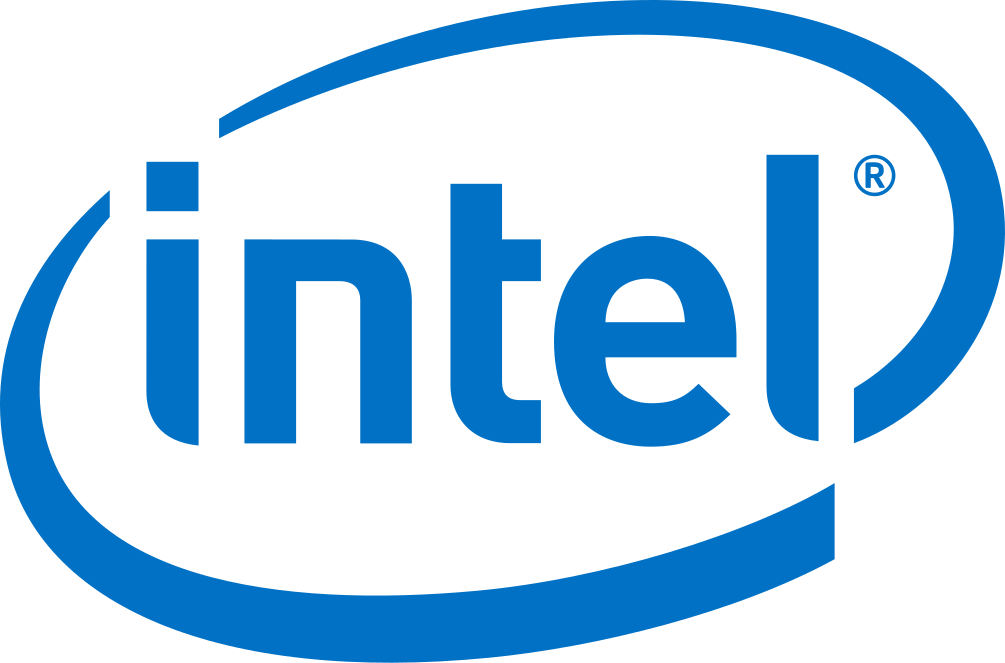
The world is currently facing a spectrum of environmental challenges, including climate change, pollution, and resource depletion. In response to these issues, many companies are now focusing on sustainability as a core part of their business strategy. Among these companies are several big tech firms leveraging their technological expertise and resources to create a more sustainable world. Here are the top 10 big tech companies that are leading the way in sustainability.

Google has prioritised sustainability in its operations and has implemented various initiatives to reduce its environmental impact. In 2020, Google announced that it had eliminated its entire carbon legacy, meaning it has offset all of its emissions since its founding in 1998. The company has also committed to carbon-free by 2030 and pledged to use only carbon-free energy by 2030. The company has also invested in renewable energy, intending to reach 100% by 2030. The company has implemented various sustainable practices, including reducing waste and promoting circular economy principles.
Microsoft

Sustainability is a core value at Microsoft, and the company has made significant efforts to reduce its environmental impact and promote sustainable practices. In 2020, Microsoft announced its commitment to be carbon negative by 2030, meaning the company will remove more carbon from the atmosphere than it emits. Microsoft is also working to be water positive, meaning it will replenish more water than it consumes and has committed to zero waste goals. Additionally, Microsoft is investing in renewable energy and has pledged to use 100% renewable energy by 2025.
Dell

Dell has implemented various initiatives to reduce environmental impact by setting goals like achieving 100% renewable energy for their global electricity use by 2040 and using 100 million pounds of recycled content in their products by 2030. Dell also focuses on reducing greenhouse gas emissions in their operations and supply chain, promoting responsible recycling practices, and designing their products with sustainability in mind. They have also partnered with NGOs and other organisations to advance sustainability in their industry and promote social responsibility.
Amazon

Sustainability is a key priority for Amazon, and the company has made significant progress in reducing its environmental impact. Amazon has set ambitious goals to reach net zero carbon emissions by 2040 and to power its operations with 100% renewable energy by 2025. The company is also working to reduce waste and improve the sustainability of its products and packaging. Amazon has launched several initiatives such as the Climate Pledge Fund, which invests in sustainable technologies and services, and the Sustainable Energy Program, which provides funding for renewable energy projects.
Apple

Apple is committed to sustainability across its operations, from its products to its supply chain and beyond. The company has set ambitious goals, such as achieving net-zero carbon emissions across its entire value chain by 2040 and using only recycled or renewable materials in its products. Apple also works closely with its suppliers to improve its environmental practices and reduce its carbon footprint. Additionally, Apple has implemented various energy-efficient measures, such as powering its data centres with 100% renewable energy.
Tesla

Tesla has made sustainability a core part of its mission and business practices. The company’s primary objective is to accelerate the world’s transition to sustainable energy by creating products that minimize the negative impact on the environment. Tesla’s electric vehicles are designed to be energy-efficient and emit zero emissions, reducing the carbon footprint of transportation. Moreover, Tesla’s solar products enable homeowners and businesses to generate electricity from renewable energy sources. Tesla also uses sustainable materials in their products, such as recycled materials in their battery cells and vegan leather in their car interiors.
IBM

IBM has a longstanding commitment to sustainability and has integrated it into its business strategy. The company has set goals to reduce greenhouse gas emissions, conserve water resources, and minimize waste. IBM has also incorporated sustainability into their products and services, offering solutions that enable clients to reduce their environmental impact. IBM has also invested in renewable energy, with over 40% of its electricity coming from renewable sources. The company’s sustainability efforts have earned recognition from organisations such as the Dow Jones Sustainability Index and the Carbon Disclosure Project.
HP

HP is committed to sustainability and has implemented various initiatives to reduce its environmental impact. One such initiative is the HP Sustainable Impact program, which aims to create a circular and low-carbon economy by designing products with recyclable materials, reducing waste and carbon emissions, and promoting responsible manufacturing practices. HP has also set ambitious goals, such as achieving 100% renewable electricity in their global operations by 2035 and reducing greenhouse gas emissions from their global operations and supply chain by 60% by 2025.
Cisco

Cisco is a company that recognises the importance of sustainability and has made significant efforts to reduce its environmental impact. They have set ambitious goals by 2025, including reducing greenhouse gas emissions by 60% from their global operations and supply chain, achieving 100% renewable energy for their global electricity usage, and implementing circular economy principles in their product designs. The company also prioritise social responsibility, focusing on ethical business practices and working to bridge the digital divide through initiatives such as its Networking Academy program, which provides free IT training to underserved communities worldwide.
Intel

Intel recognises the importance of sustainability and has taken significant steps to reduce its environmental impact. They have set ambitious goals by 2030, including achieving net positive water use, reducing greenhouse gas emissions by 60%, and achieving zero waste to landfill across their global manufacturing operations. Intel has also implemented sustainable product design practices, such as reducing the size of its packaging and using more energy-efficient technologies in its products.

